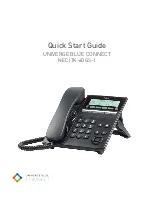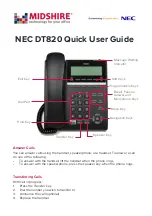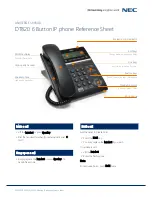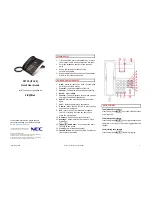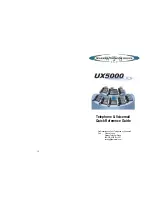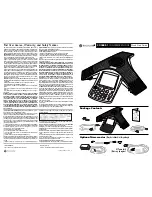
61
Copyright
©
2004 Nokia. All rights reserved
.
■
Emergency calls
Important:
Wireless phones, including this device, operate using radio signals,
wireless networks, landline networks, and user-programmed functions. Because of
this, connections in all conditions cannot be guaranteed. You should never rely
solely on any wireless device for essential communications like medical
emergencies.
To make an emergency call:
1. If the device is not on, switch it on. Check for adequate signal strength.
Some networks may require that a valid SIM card is properly inserted in the device.
2. Press
as many times as needed to clear the display and ready the device for calls.
3. Key in the official emergency number for your present location. Emergency numbers vary
by location.
4. Press the
key.
If certain features are in use, you may first need to turn those features off before you can
make an emergency call. Consult this guide or your service provider for more information.
When making an emergency call, give all the necessary information as accurately as
possible. Your wireless device may be the only means of communication at the scene of an
accident. Do not end the call until given permission to do so.
■
Certification information (SAR)
THIS DEVICE MEETS INTERNATIONAL GUIDELINES FOR EXPOSURE TO RADIO WAVES
Your mobile device is a radio transmitter and receiver. It is designed and manufactured not
to exceed the limits for exposure to radio frequency (RF) recommended by international
guidelines (ICNIRP). These limits are part of comprehensive guidelines and establish
permitted levels of RF energy for the general population. The guidelines were developed by

















